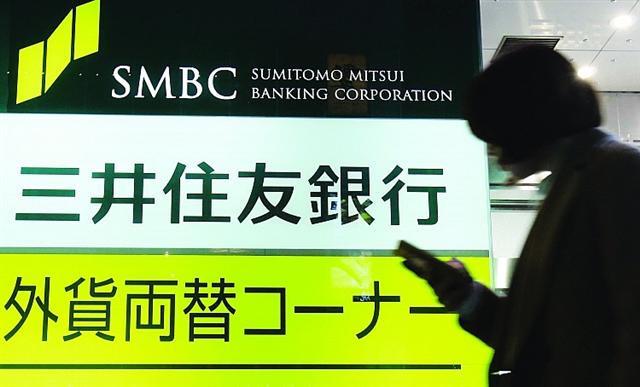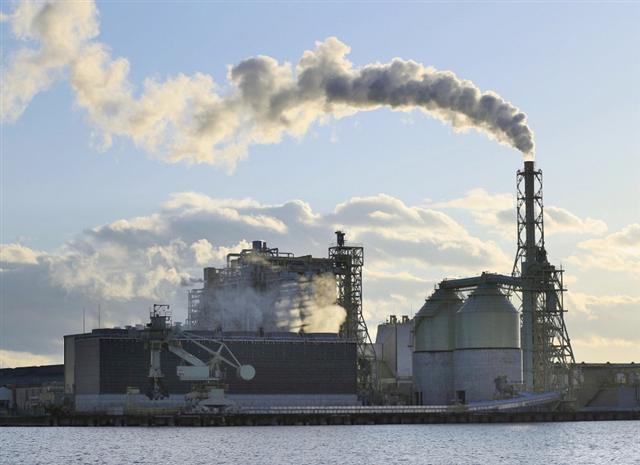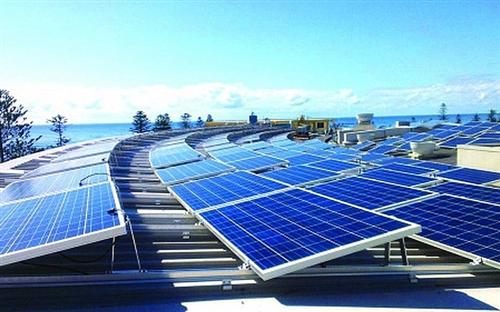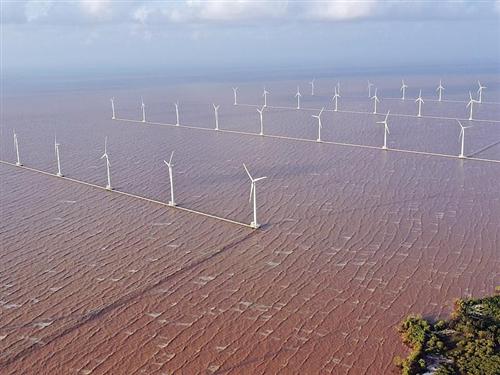Japanese giant Sumitomo Mitsui Financial Group halts lending to new coal-fired power plants
Japanese giant Sumitomo Mitsui Financial Group halts lending to new coal-fired power plants
SMFG made the bold shift in the face of escalating pressure from environmental activists and investors in a bid to avoid further climate crises.
SMFG said in a statement that the globe has been moving towards decarbonisation since the Paris climate accord and that it “would not provide financial support in principle to new coal-fired power plants,” according to JapanTimes.

Sumitomo Mitsui Financial Group (SMFG) will halt lending to new coal-fired power plants from May
|
Previously, Mizuho – another Japanese lender – announced plans to reduce its outstanding balance of JPY300 billion ($2.8 billion) in loans to coal power plants by half by the 2030 fiscal year and reduce it to zero by 2050.
Regarding financing hydroelectric power generation projects, SMFG said it would monitor whether appropriate mitigation methods against the impact on biodiversity and local communities have been implemented when it considers lending.
This is part of its efforts to address climate change and support the global movement toward decarbonisation, including the Japanese government's call for an 80 per cent reduction in greenhouse gas emissions by 2050, market intelligence firm S&P Global commented.
SMFG is now a foreign shareholder of Vietnamese private lender Eximbank.
Research led by Columbia University’s Joan Casey – an environmental health sciences professor – recounts numerous studies showing that people living near coal-fired power plants have more asthma symptoms and other maladies.
Data from Refinitiv SDC Platinum reveals that the three major Japanese banks – Mizuho, SMFG, and Mitsubishi UFJ Financial Group – have been among the five largest lenders in the world pouring investment into coal power and mining over the last five years.
In Vietnam, 12 international environment and health organisations, including Green Innovation and Development Centre, and World Wildlife Fund, have called upon Vietnam earlier this year to stop new coal-fired power plants.

Vietnam has been called on by international and domestic stakeholders to cut down on its coal power production
|
Concerned by the environmental and health toll that coal-fired power plants exact, leaders of 12 networks and non-government organisations collectively urged Prime Minister Nguyen Xuan Phuc to stop 14 coal-fired plants in Vietnam.
The country now has 14 new coal power projects which are located in eight provinces – Quang Ninh and Bac Giang in northern Vietnam; Nghe An, Ha Tinh and Binh Thuan in central Vietnam; and the southern Long An, Tien Giang and Soc Trang with the total capacity of 17,390MW.
Notably, seven have already faced a considerable public backlash, while one project has been delayed for eight years and the investors of two others are undetermined. Vnexpress cited that local authorities are contemplating a switch from coal to gas or green energy in four ongoing projects.
A 2017 study by Harvard University researchers on the health effects stemming from coal-fired power plants in Southeast Asia estimated that by 2030 Vietnam's premature mortality would be around 19,220 per year, a 4.5-fold increase from 2011, as a result of PM2.5 emitted by coal-fired power plants.




















